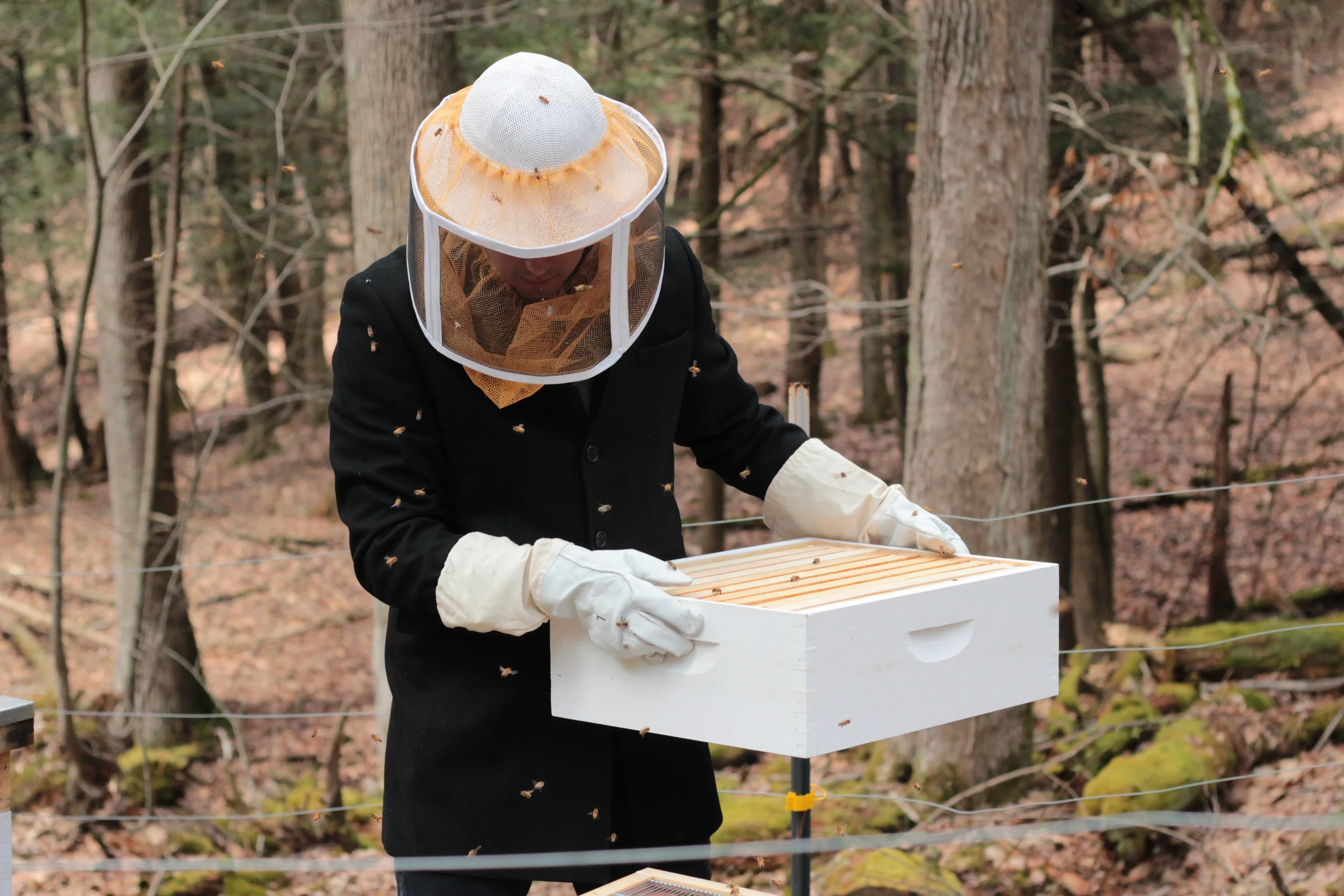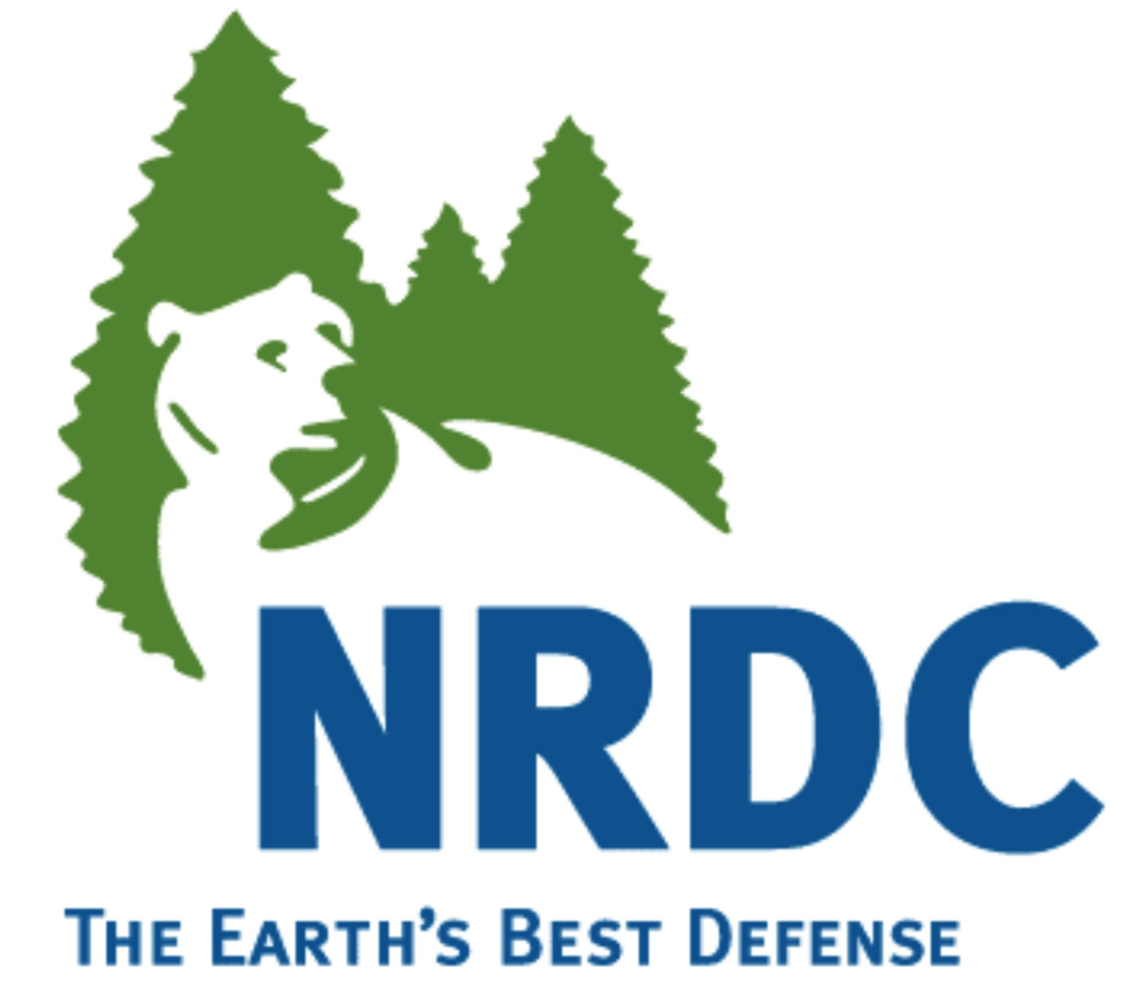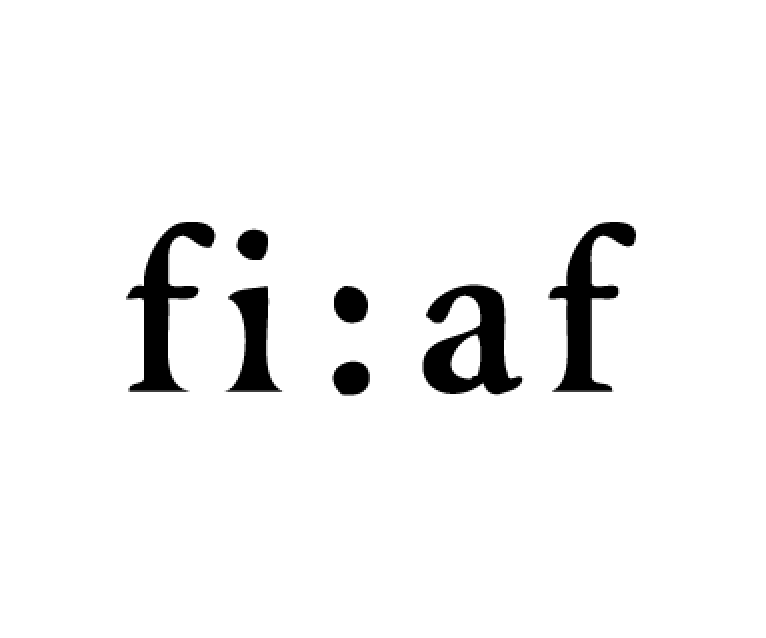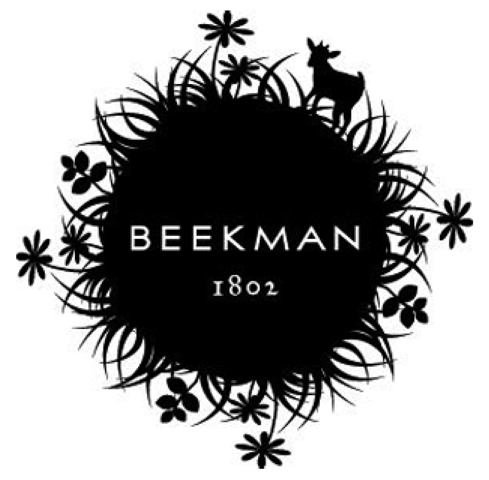Few things are more empowering and magical than seeing bees at work. Their ability to communicate and collaborate as social insects gives us a rare reference point for understanding our own societies. They also serve as fragile indicators of how we are treating the natural world, and how we need to improve our sustainable practices.
New York Bee Sanctuary will be dedicated to observation and understanding of pollinator behavior and the life-cycle of honey bees. We will offer tours and workshops as well as hands-on volunteering projects to enhance the relationship that New Yorkers have with their environment. Programs will be specially adapted for individuals, students, schools, and businesses.
VISITORS WILL OBSERVE:
- Bees making wax and combs
- Bees carrying pollen and flying in and out of hives
- Baby bees and their caregiving
- Honey production and extraction
- Organization of the hive and bee life-cycles
- Bees pollinating flowers and trees
- Bee swarming and reproduction
- Construction and maintenance of insect houses
- Butterflies, ladybugs, and wild bees in their natural environment
- Permaculture and organic gardening practices
- Lessons on disease, pests, and risks for insect populations
Education Program
NYBS will create partnerships and programs with local schools and universities to influence the next generation of beekeepers, ecologists, and educators. The goals of our education program are to familiarize the public with:
- the important role pollinators play in the human food system;
- the threats that pollinators face from disease, habitat loss, and contamination;
- the use of permaculture techniques for creating healthy and abundant landscapes;
- safe and effective beekeeping;
- the use of hive products for food and health; and
- aesthetic appreciation of the ecosystems we all share.
Often we fear the things we do not understand. With bees this manifests as fear of being stung, the strangeness of insects, and concern over so-called killer bees. Yet knowledge and experience provide the ultimate antidote. To this end the sanctuary will use hands-on learning to dispel negative attitudes about bees, and to promote pollinator-friendly conservation practices.
NYBS education programs will be available on-site, off-site, and online:
ON-SITE education
On-site education programs will take advantage of the beautiful setting of the sanctuary for a range of classes suitable for all ages and levels of interest in bees, pollinators, and permaculture gardening.
Beekeeper Series: Hands-on learning will be available for those who wish to understand the basics of beekeeping or graduate to more advanced practices. Workshops will be held on getting started with a hive, harvesting honey, queen rearing, pest and disease control, hive building and carpentry, and more.
Permaculture Series: There is growing recognition of the need to reconfigure our landscapes in a way that benefits humans and nature. To this end we will host a series of courses on local ecology and techniques for gardening with pollinator-friendly fruits, vegetables, flowers, and trees. Garden tours and gardening classes will be offered, along with advanced courses in permaculture design, composting, and soil health.
Honey Heals: A special series will be dedicated to apitherapy and working with the products of the hive: honey, propolis tincture, candle making, hand salves, and other beauty and wellness products.
Children’s Program: Giving children access to nature and an understanding of the wonderfully complex life-cycles of pollinators is a key element of the sanctuary mission. Classes for children will include pollinator identification safaris, scavenger hunts, elaborate observation hives, gardening, science, and more.
Bee Cultured: Art classes will be offered in botanical and entomological sketching, landscape painting, encaustic (hot wax) painting, and other techniques. Microscopes will be available for detailed specimen analysis.
OFF-SITE EDUCATION
Our plan for off-site education programs includes hive-to-classroom demonstrations; mobile workshops such as beginner beekeeping; bee-friendly farming and gardening; and native bee identification and conservation. NYBS will also staff information tables at key conferences, farmers markets, and cultural events. Traveling education programs will incorporate the standardized Kids and Bees curriculum developed by Bee Girl Sarah Red-Laird to guide educators when speaking to school groups.
ONLINE EDUCATION
A resource library and information hub will be built online offering detailed information about best local bee plants and native bee species; beekeeping best management practices; bee-friendly farming, gardening, and land management; and downloadable resources for educators: books, publications, videos, links to relevant websites, sample curricula, and class project ideas.








